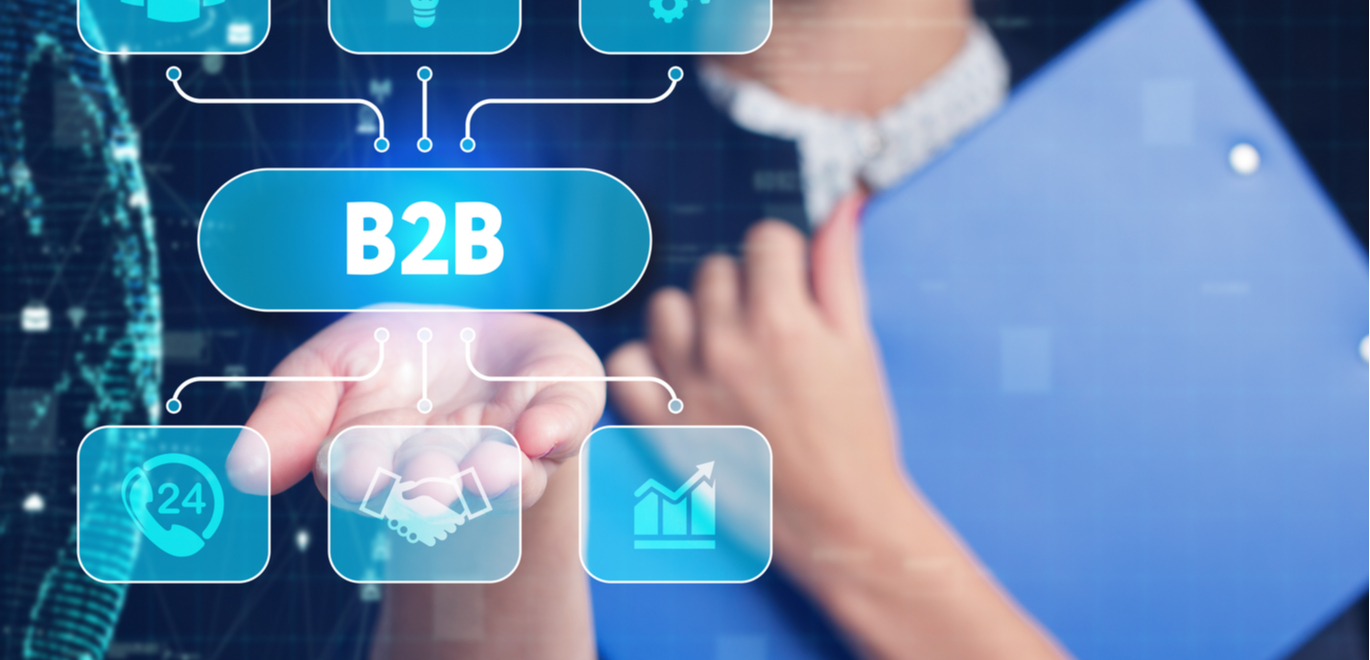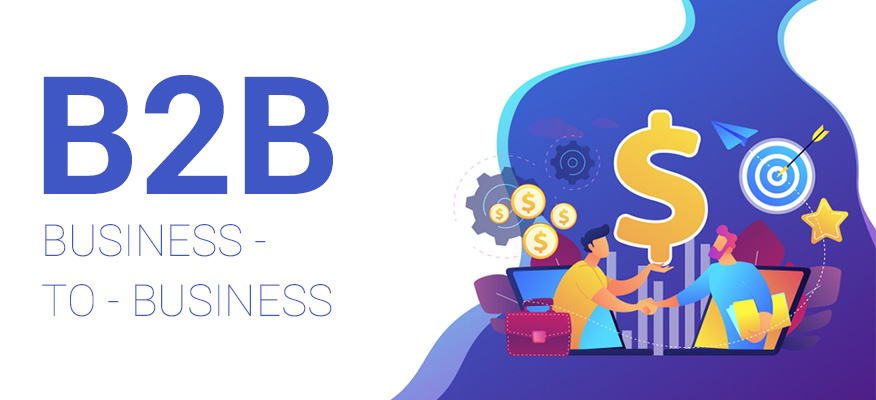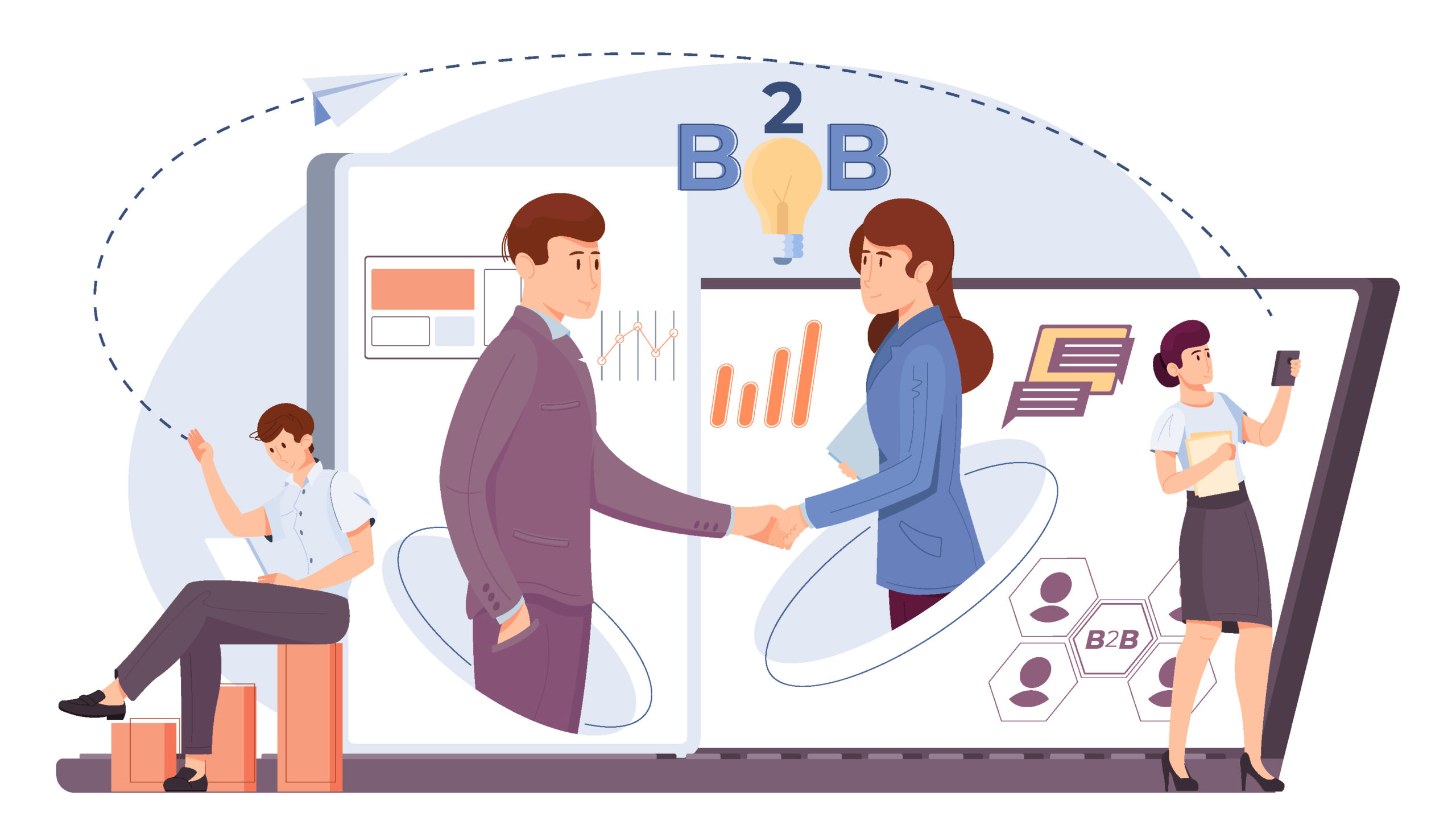B2B ecommerce is the process of selling products or services between businesses through an online platform. B2B ecommerce can help businesses increase their sales, reach new customers, reduce costs, and improve efficiency. However, B2B ecommerce is not the same as B2C ecommerce, which is the process of selling products or services directly to consumers. B2B ecommerce has its own unique characteristics, challenges, and opportunities that require different strategies and solutions. In this article, we will showcase some successful B2B Ecommerce Examples from different industries and sectors, and reveal the secrets behind their achievements.
Here are some successful B2B Ecommerce Examples:
Caterpillar
Caterpillar is a worldwide top player in construction and mining gear, engines, turbines, and locomotives. With over 90 years of history, Caterpillar has been a pioneer in innovation, serving customers in over 190 countries. They use B2B ecommerce to sell parts, services, and solutions, aiming to boost their brand image and customer loyalty.
Benefits:
B2B ecommerce empowers Caterpillar to present its products and capabilities while furnishing comprehensive details and specifications to its customers. It facilitates streamlined order management, inventory tracking, and enhanced communication with suppliers and distributors. Caterpillar utilizes B2B ecommerce to deliver tailored solutions to customers, offering personalized services like financing, insurance, and training for added value.
Challenges:
B2B ecommerce necessitates Caterpillar’s adherence to diverse regulations and standards across various markets, ensuring the security and confidentiality of data and transactions. It compels Caterpillar to uphold exceptional quality and reliability in its products and services, addressing intricate technical inquiries from customers. Moreover, engaging in B2B ecommerce requires Caterpillar to navigate industry competition, continually adjusting to evolving customer needs and expectations.
Faire
Faire is a B2B ecommerce platform created in 2017. It links independent retailers with local and emerging brands, making it one of the world’s largest online wholesale marketplaces. Faire assists retailers in finding and purchasing distinctive products from numerous brands while also aiding brands in expanding their customer base and boosting sales.
Benefits:
B2B ecommerce empowers Faire to broaden its market presence while delivering competitive prices and favorable terms to customers. It facilitates swift and efficient delivery, simultaneously minimizing shipping and handling expenses. Additionally, B2B ecommerce plays a pivotal role in fostering a community of retailers and brands for Faire, nurturing trust and loyalty within this network.
Challenges:
B2B ecommerce mandates that Faire meticulously curates and authenticates its products and brands, prioritizing customer satisfaction and safety. Additionally, Faire is compelled to deliver a smooth, user-friendly shopping experience, offering support for diverse payment methods and currencies. Furthermore, the complexities of B2B ecommerce require Faire to navigate varied tax structures, duties, and adhere to diverse legal regulations across different countries and regions.
Cardinal Health
Cardinal Health, a healthcare services company with over 50 years of experience, uses B2B ecommerce to provide medical products, pharmaceuticals, and supply chain solutions to hospitals, pharmacies, laboratories, and other healthcare providers in over 60 countries. Through B2B ecommerce, Cardinal Health enhances its operational efficiency, streamlining processes such as procurement, billing, and delivery, ultimately improving customer satisfaction.
Benefits:
B2B ecommerce helps Cardinal Health cut operational expenses, letting them offer lower prices to customers. It also lets Cardinal Health improve how they handle inventory, making sure their products are available and top-notch. Additionally, B2B ecommerce supports Cardinal Health in delivering better customer service, ensuring they give customers prompt and accurate information and assistance.
Challenges:
In B2B ecommerce, Cardinal Health must follow strict rules in the healthcare industry. It means they have to work with different systems of customers and partners, making sure everything fits together. Cardinal Health also has to keep customer information safe and prevent any unauthorized access or breaches.
Pearson
A Global Education Company that Uses B2B Ecommerce to Sell Textbooks, Digital Content, and Learning Platforms to Schools, Colleges, and Universities Pearson is a global education company that provides textbooks, digital content, and learning platforms to schools, colleges, and universities. Pearson has been in the education business for more than 150 years, and has been serving customers in more than 70 countries. Pearson uses B2B ecommerce to access quality resources, materials, and services, and to improve its educational outcomes and impact.
Benefits:
B2B ecommerce lets Pearson offer many products and services, meeting various customer needs. Pearson can deliver its offerings quickly and easily through B2B ecommerce, providing online access and support. This helps Pearson build a network of educators and learners, encouraging collaboration and innovation.
Challenges:
In B2B ecommerce, Pearson needs to keep its products and services top-notch and in line with the curriculum. It must also make learning easy, supporting various formats and devices. Pearson has to stay competitive in education, adjusting to market trends.
Conclusion
B2B Ecommerce helps businesses expand, attract new customers, and enhance efficiency. Utilizing online platforms for selling to other businesses brings multiple advantages, including:
– Grow your market by providing competitive prices and terms.
– Cut operational costs to offer savings to your customers.
– Manage inventory efficiently for quality and availability.
– Improve customer service with timely and accurate support.
– Build trust and loyalty in a community of customers and partners.
– Provide personalized solutions and value-added services like financing and training.
We hope that this article has given you some insights and inspiration on how to use B2B ecommerce to boost your sales and grow your business. Besides, we have shared some successful B2B Ecommerce Examples from different industries and sectors, and revealed the secrets behind their achievements. We hope that you can learn from their best practices and tips, and apply them to your own B2B ecommerce business.
If you need any help or guidance on how to create, design, develop, or optimize your B2B ecommerce platform, you can contact us at OnextDigital, a leading digital agency that offers web development, mobile app development, UX/UI design, and white label software services. Our team of experts and professionals is ready to assist you with your B2B ecommerce requirements. We offer customized solutions tailored to your business goals.







